Ever wonder how much protein is packed into a pound of that creamy, delicious ricotta cheese?
Whether you’re trying to hit your protein goals, build muscle, or just curious about what’s in your food, understanding the exact protein content of ricotta cheese can help you make better dietary choices.
Let’s dive into the cheesy details and find out exactly how much muscle-building goodness you’re getting in each spoonful.

How Much Protein Is In A Pound Of Ricotta Cheese?
A pound of ricotta cheese contains approximately 50 to 55 grams of protein, though this varies depending on whether you’re eating whole milk or part-skim ricotta.
The protein content in ricotta differs mainly between these two common varieties:
- Part-skim ricotta: Contains about 11-14 grams of protein per 100 grams
- Whole milk ricotta: Contains about 9-10 grams of protein per 100 grams
Since one pound equals about 453.6 grams, we can do some quick math:
| Ricotta Type | Protein per 100g | Protein per 1 lb (453.6g) |
|---|---|---|
| Part-skim ricotta | 11-14 grams | ~50-63 grams |
| Whole milk ricotta | 9-10 grams | ~40-45 grams |
The Whey Cool Benefits of Ricotta Protein
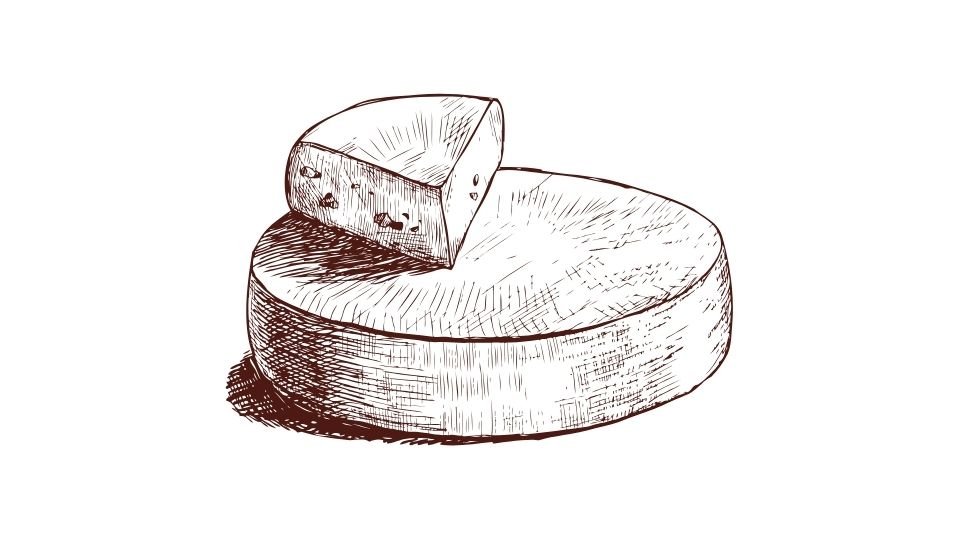
Ricotta isn’t just any protein source – it has some unique properties that make it pretty special:
- Ricotta contains primarily whey protein, unlike some other cheeses that contain mostly casein protein
- Whey is considered a “fast protein” because your body absorbs it quickly
- This rapid absorption makes ricotta excellent for post-workout recovery and muscle building
- Studies show whey protein helps stimulate muscle protein synthesis more effectively than slower-digesting proteins
Part-skim ricotta gives you the best protein-to-fat ratio if you’re watching calories but still want to maximize protein intake. A typical serving (about 4.4 oz) provides around 14 grams of high-quality protein!
Ricotta vs. Other Protein Sources
How does ricotta stack up against other protein-rich foods?
Ricotta has a similar protein level to cottage cheese but contains primarily whey protein (versus cottage cheese’s casein). This difference affects how quickly your body absorbs and utilizes the protein.
The whey protein in ricotta may help reduce muscle loss and improve skeletal muscle mass, especially in older adults. Pretty impressive for a cheese, right?
Beyond Protein: What Else Is In Your Pound Of Ricotta?
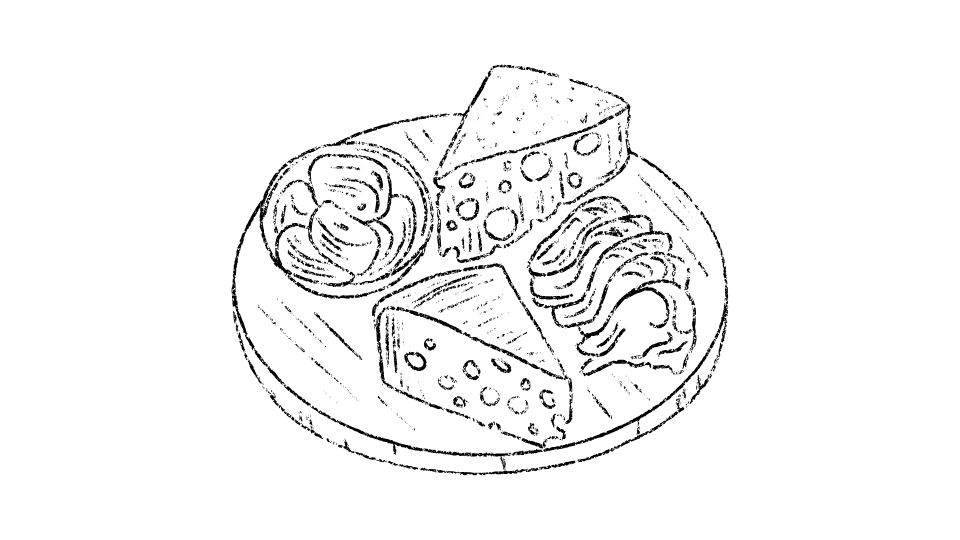
A pound of ricotta isn’t just protein – it comes with a complete nutritional package:
- Calories: Around 750-850 kcal per pound (depending on fat content)
- Fat: Part-skim ricotta has about 59 grams of fat per pound
- Carbs: Approximately 23-27 grams per pound
- Calcium: A significant amount that contributes to bone health
This makes ricotta a relatively balanced food that provides multiple nutrients alongside its protein content.
How To Use Ricotta’s Protein Power In Your Diet
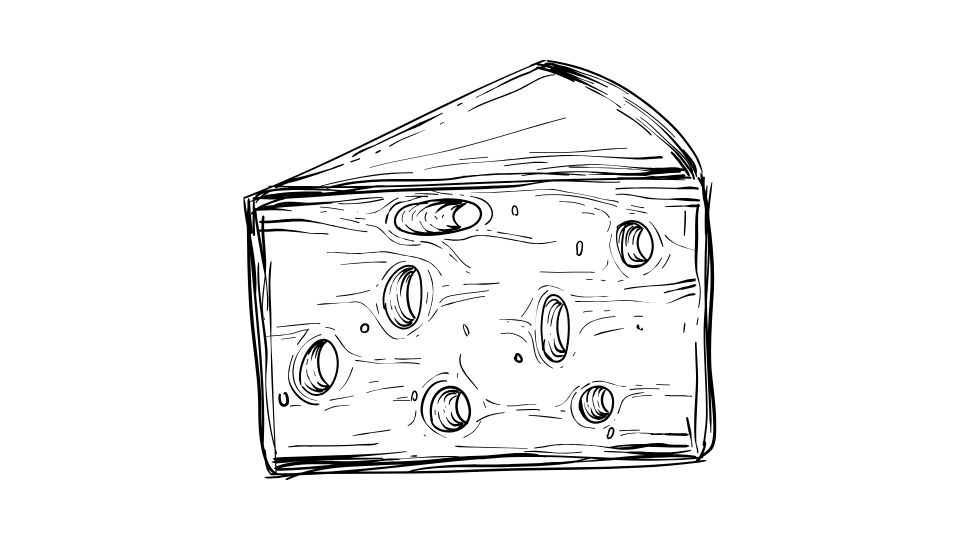
With its mild flavor and creamy texture, ricotta is incredibly versatile:
- Mix it with fruit and honey for a protein-rich breakfast
- Use it in pasta dishes like lasagna for added protein
- Blend it into smoothies for a protein boost
- Spread it on toast with veggies for a quick high-protein snack
If you’re tracking your macronutrients for health or fitness goals, ricotta can be an excellent addition to help you reach your protein targets while enjoying delicious meals.
Tracking Your Ricotta Protein Intake
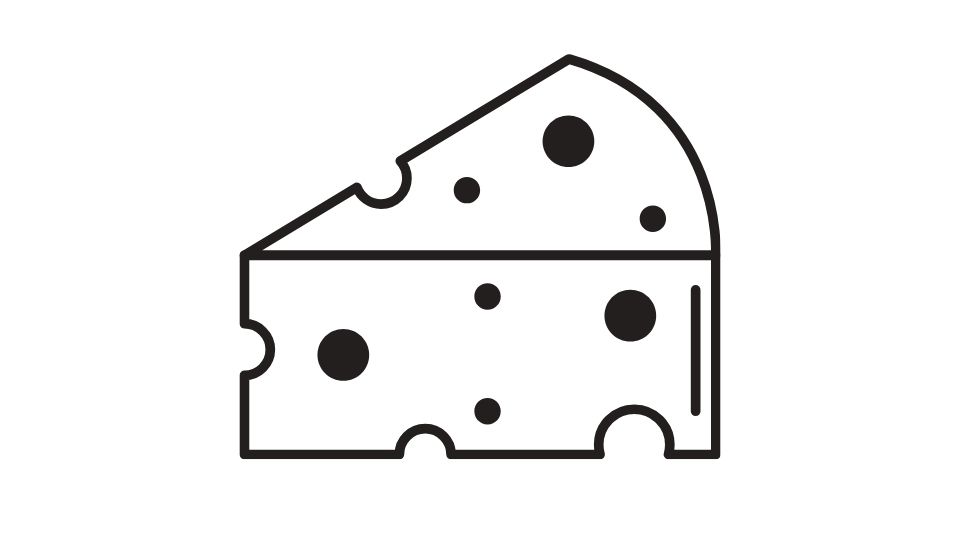
For those who want to be precise about their nutrition, tracking exactly how much protein you’re getting from ricotta is important.
Digital food scales can help you measure exact portions, and various nutrition tracking apps make it easy to log your intake.
Remember that nutrition labels sometimes differ slightly from brand to brand, so checking the specific product you’re using will give you the most accurate information.
Being mindful of your protein intake, especially from diverse sources like dairy, plants, and lean meats, helps create a well-rounded diet that supports your overall health and fitness goals.
So next time you’re enjoying that creamy spoonful of ricotta, you can appreciate that you’re not just satisfying your taste buds – you’re also feeding your muscles about 50-55 grams of quality protein per pound!



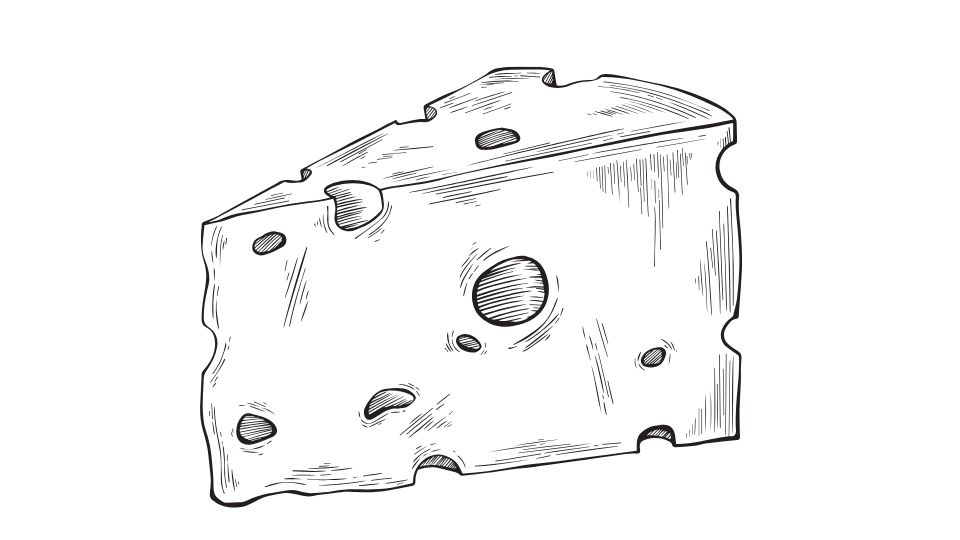
Leave a Reply